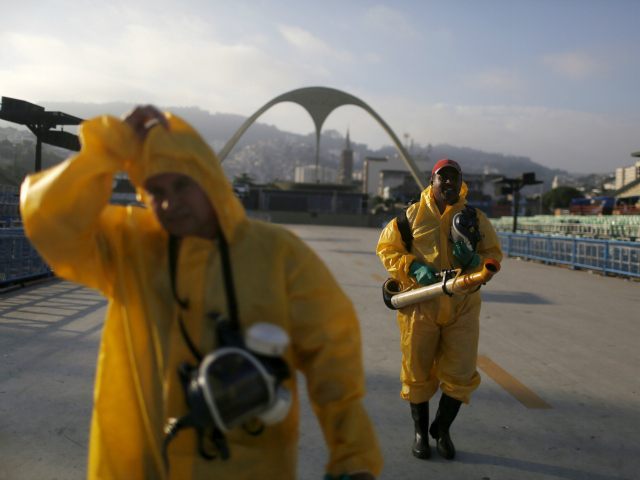The National Olympic Committee of Kenya (NOCK) might pull out of the Summer Olympics due to the Zika outbreak in Brazil.
“Obviously, we are not going to risk taking Kenyans there if this Zika virus reaches epidemic levels,” insisted Kipchoge Keino, head of NOCK. “They have to assure us that the country is safe enough to take athletes there.”
NOCK quickly backed away from Keino’s statement. “It is too early to make a determination on the status of the virus during the games time which is six months away,” stated Stephen Soi, NOCK’s chief of mission for Rio.
The African country boasts some of the best runners in the world, expected to win many medals at the games. Even if they decide to go, factors such as “allegations of widespread doping following a spate of failed drug tests” could keep the runners from performing in track and field.
Kenyan runners captured eleven medals at the 2012 Summer Olympics in London.
Despite the name, the Summer Olympics will take place during winter in Brazil. Officials hope the cooler weather in the Southern Hemisphere will kill the Aedes aegypti mosquito known to spread Zika and diminish the threat. Spring formally begins in September.
The U.S. Olympic Committee (USOC) recommended that any athlete or trainer concerned about the Zika outbreak should consider not attending the Olympics.
“One of the things that they immediately said was, especially for women that may be pregnant or even thinking of getting pregnant, that whether you are scheduled to go to Rio or no, that you shouldn’t go,” explained Donald Anthony, president and chairman of USA fencing. “And no one should go if they feel at all as though that that threat could impact them.”
The Australian Olympic Committee encouraged its female athletes to educate themselves about Zika and “consider the risks of competing in the Rio Olympics due to the outbreak of Zika.”
“Any team members who are pregnant at the time of the Games need to consider the risks very carefully before deciding whether to proceed with travel to Brazil,” they said.
Athletes will receive mosquito repellent from officials, who also recommend everyone wear long sleeves when possible.
Brazil’s government promised to fumigate and sterilize Olympic stadiums leading up to the games. The health workers plan to follow the same procedures every day during the Olympics.
The World Health Organization declared the Zika virus a public health emergency on February 1, due to the thousands of cases of the virus linked to birth defects in newborn children. Experts are working to understand what has now become a clear link between Zika and microcephaly, which occurs when the brain does not form properly and results in a small head. This leads to serious mental disabilities.
Following the outbreak of Zika, Brazil has discovered over 4,000 cases and is diagnosing an average of 200 cases a week. In 2015, the country tracked over 2,400 cases compared to the 147 in 2014.

COMMENTS
Please let us know if you're having issues with commenting.